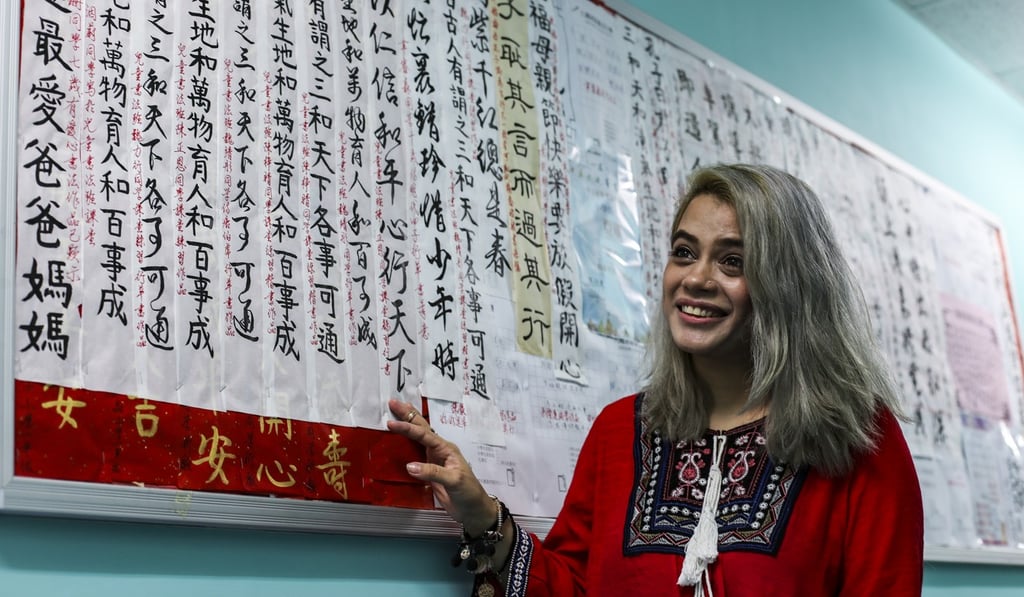As Hong Kong struggles to find its place as part of China, so too do its many ethnic minorities
City’s non-ethnic-Chinese residents battle discrimination and language barrier, and say their contributions to the community have been largely ignored

The streets were filled with banners calling for universal suffrage and tear gas was still fresh in the memories – and skin – of many who joined the Occupy movement in Admiralty. It was amid such chaos, in 2014, that Ansah Majeed Malik was embraced by the city of her birth.
“The ‘umbrella movement’ was very special. Some friends and I were there every day. We wanted to say: ‘We stand by you, Hong Kong,’” says Malik, 32, of Pakistani heritage.
“There were children and others who came and hugged us, saying: ‘We also know you are a Hongkonger too.’ I started crying. It was the first time I had felt such acceptance,” Malik, a Caritas welfare worker, says.
Twenty years on from the handover, those from ethnic minority backgrounds feel their contributions have been largely ignored, as they face the difficulties of daily life. The Chinese language and finding a job top their concerns.

Malik, who attended English-medium schools, fought for nearly four years to be accepted by a university in the city. They required entrance exams in English and Chinese.
In 2010, Malik went to study social work at the Caritas Institute of Higher Education.